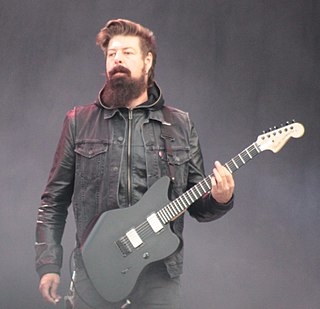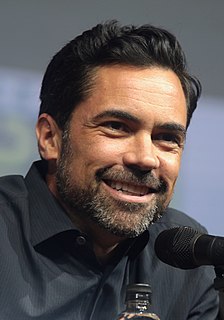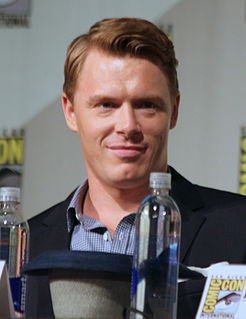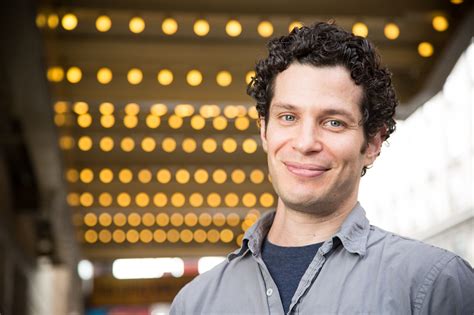A Quote by Neill Blomkamp
If you didn't get it right and then you have to release a director's cut to undo what the studio made you release, I don't know, either it's some marketing thing for them to get more money or the director didn't do his job.
Related Quotes
In my opinion, I would still like to go into a studio - because I love the environment of being in a studio - and record a great album beginning to end, but then maybe not release it as an album. Maybe put singles out there, put songs out there - either give some away or release some the traditional way.
The first cut I do is usually between five and 10 minutes shorter then the cut that we release. Anything I think isn't working or might not work, I don't even put it in the director's cut. And usually it's the studio suggesting I put stuff back in, as opposed to studios saying, "You got to lose 40 minutes," they are always saying, "You've got to gain five minutes."
I find the older I get, the lower in weight I go. It's harder to recover. Living in New York City, working a job that is unpredictable and at times stressful, you're lifting way more than your max because you need to push some weight around. You put an extra plate on for the release, and then you're sore the next week. Its stress release.
When I was younger I didn't really know what a director did: I knew I loved movies and I figured the actors made it up! And then when you get to 12 years old you start thinking, What does a director do? It was really an organic beginning: this looks like something I want to do, I can't believe people get paid to do it!
My teachers believe that the creative producer's job is to service the vision of the director, to stay within schedule and budget, and to get the studio what they need, but you work for the director to get their vision on the screen. That's not how everyone approaches producing, but it is certainly how directors like you to approach producing. How I was brought up is that my job is to help you make the movie you want to make.
I think the most important thing for an actor is reading the script and trying to figure out if you can play that character well. The last thing on my mind is if the director made good movies previously. It's not my job to know if that director's last movie was any good - it's my job to know if I can play the role.
One of the challenges of being a director is often you don't get to work with your peers. You know, writers can write together, and as a director you get to work with so many wonderful actors and writers and designers. But it's pretty rare that you get a chance to partner in that way with another director.






































